
The New Yorker has an informative article about adulterated olive oil. If you make soap, getting a mislabeled oil could cause your recipe to be significantly lye heavy or short. Click here to read the article.
An excerpt from the article:
In 1997 and 1998, olive oil was the most adulterated agricultural product in the European Union, prompting the E.U.’s anti-fraud office to establish an olive-oil task force. (“Profits were comparable to cocaine trafficking, with none of the risks,” one investigator told me.)
… fraud remains a major international problem: olive oil is far more valuable than most other vegetable oils, but it is costly and time-consuming to produce—and surprisingly easy to doctor.
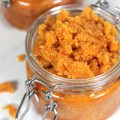
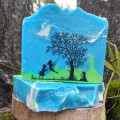
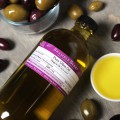
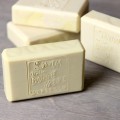
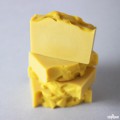
Hi Tracey –
And be sure to check your scale and lye ratio calculations all over again. It’s easy to make little mistakes when doing soapmaking that can turn out into a BIG difference in the end.
Hmmm…interesting. I’ve been wondering why I’ve got a soap that’s still soft after a month here. Figured I’d done a horrible job of calculating. Now I wonder… Guess I’d better make a second batch to see if it was operator error, eh?
It is just something to be aware of as a soapmaker. It is important to buy from reputable vendors. What if you made 100% Olive Oil Soap and it was really Hazelnut oil?
Thanks for the link